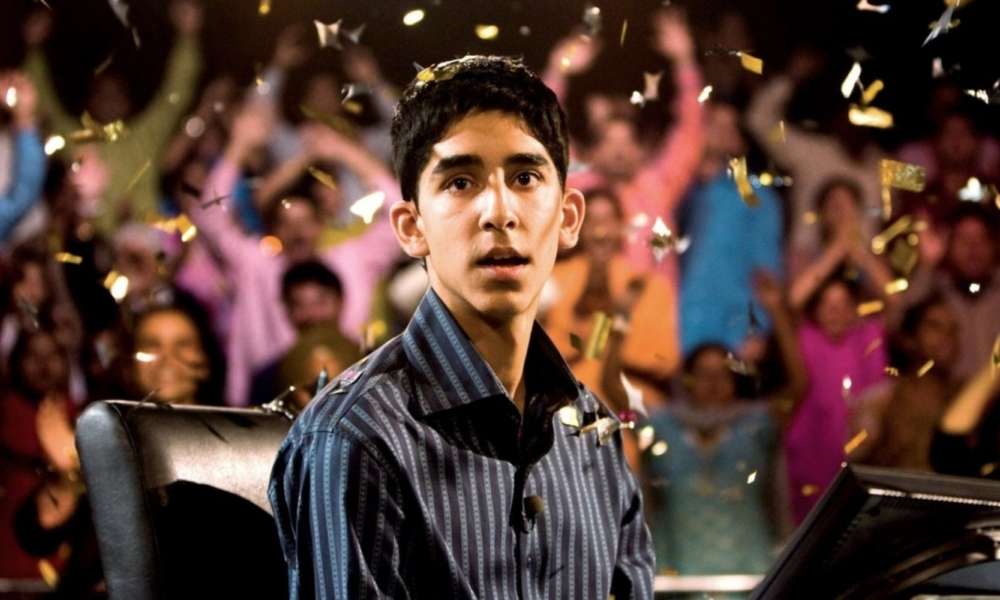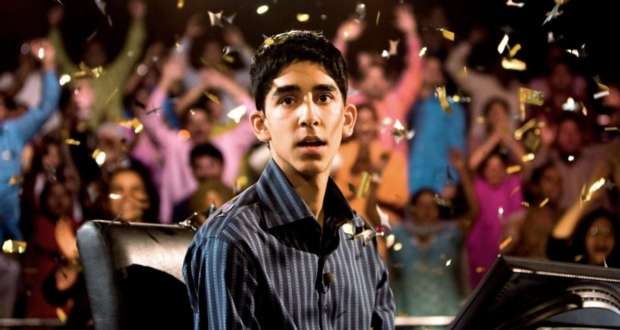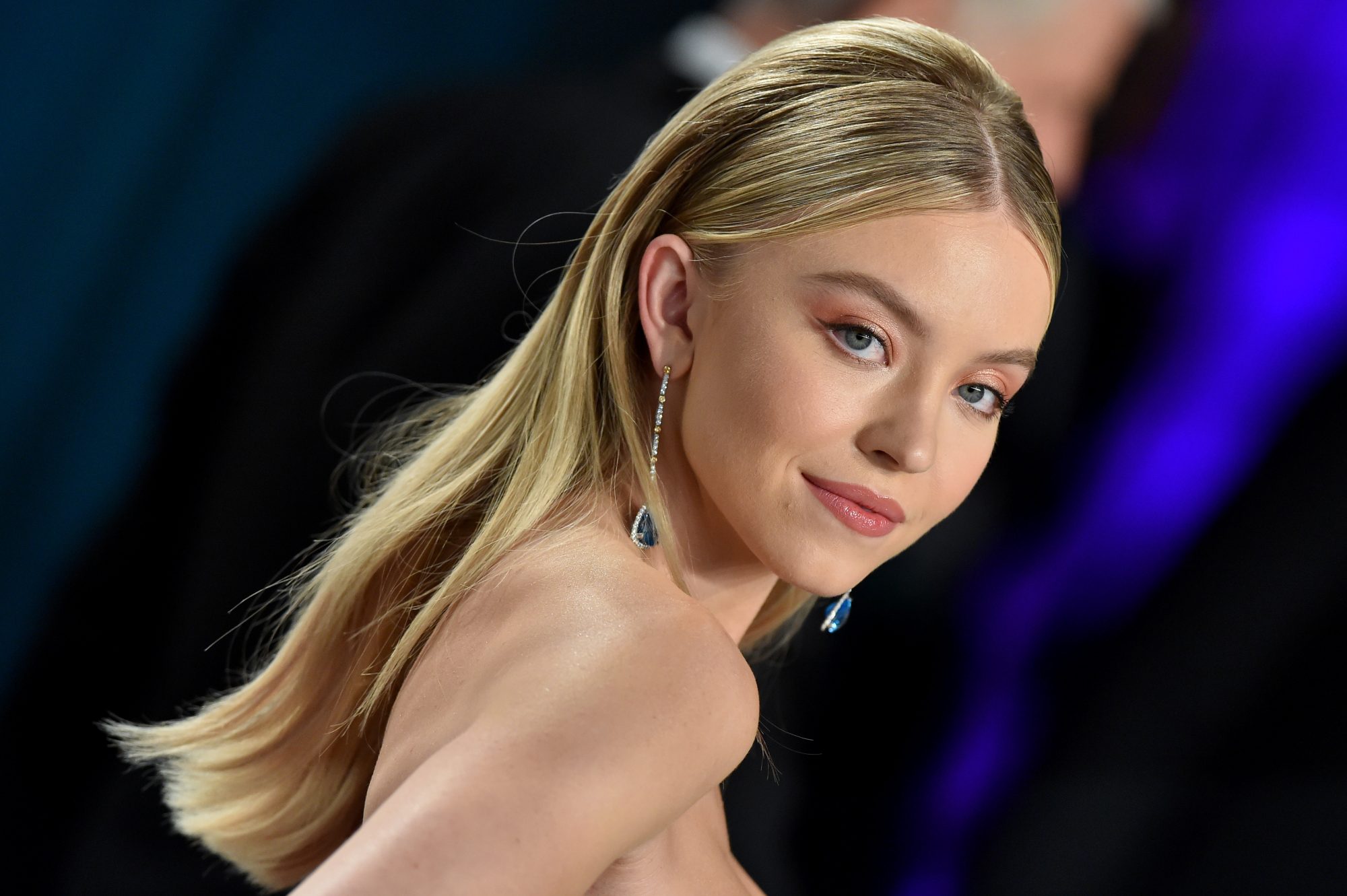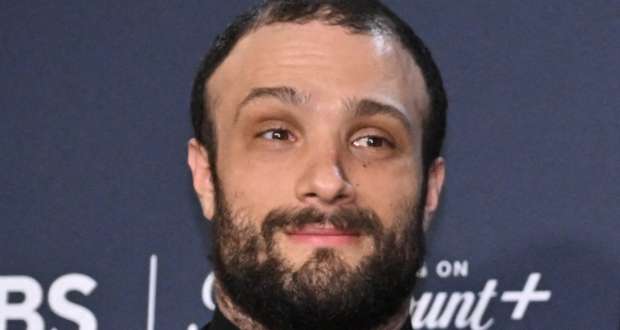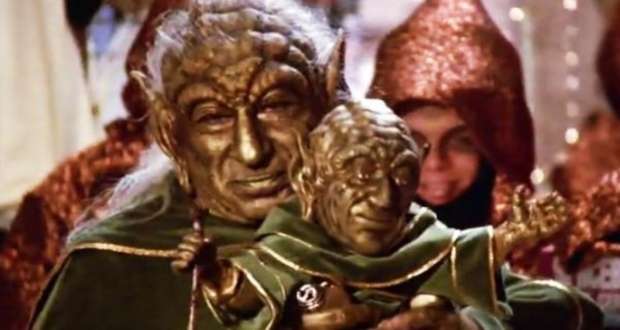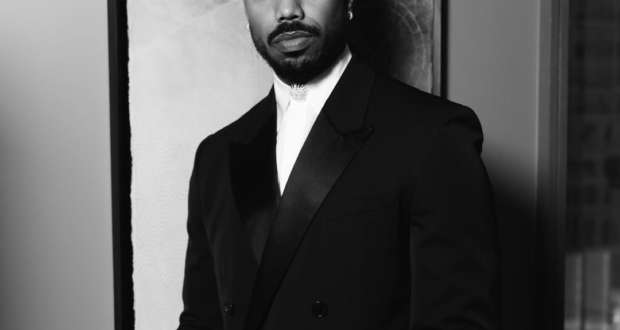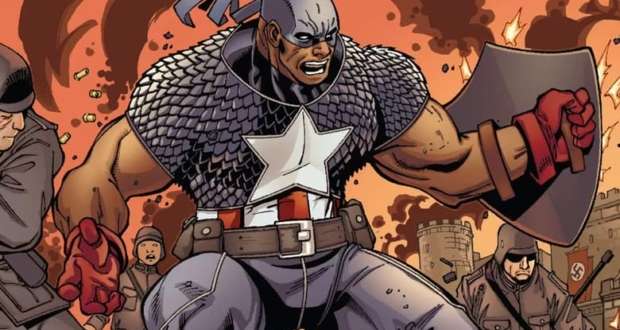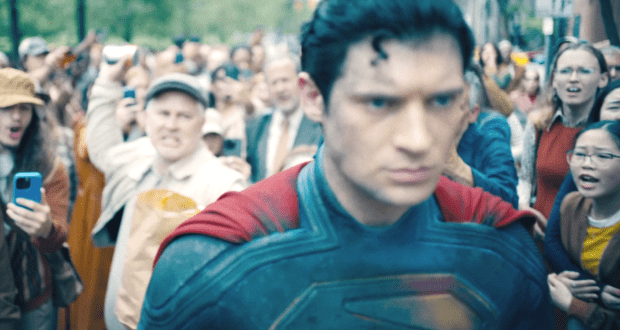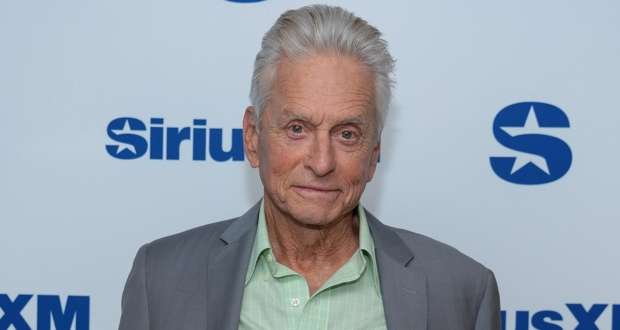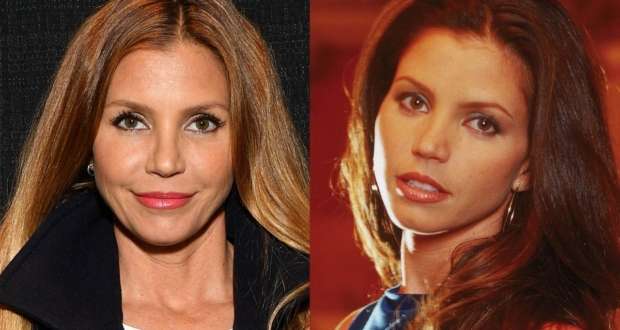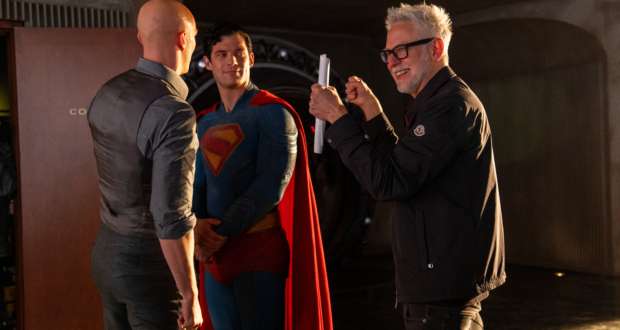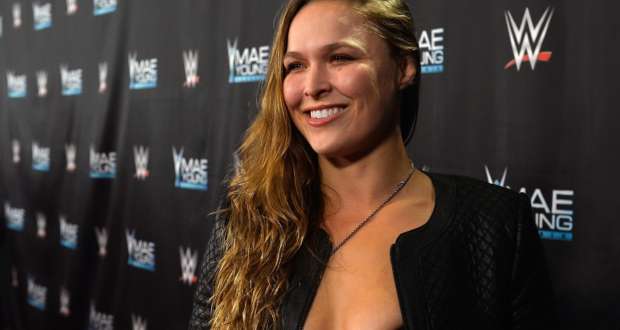Danny Boyle’s Candid Regret Over Slumdog Millionaire Sparks Debate
Danny Boyle, the Oscar-winning director behind Slumdog Millionaire, has found himself at the center of a cultural debate. In a recent interview with The Guardian, Boyle admitted he would not make the film today. His comments, centered around concerns of cultural appropriation and sensitivity, have ignited strong reactions across the industry.
“It Wouldn’t Even Get Financed”
While promoting 28 Years Later, Boyle acknowledged that his 2008 hit might not be greenlit today, saying he would defer to “a young Indian filmmaker” if the story were pitched now. The comments have sparked discussions about evolving standards in global filmmaking, and whether past projects should be retroactively judged by today’s social lens.
“You wouldn’t even contemplate doing something like that today,” Boyle said. “Even if I was involved, I’d be looking for a young Indian filmmaker to shoot it.”
Reassessing a Legacy
The film, which earned eight Academy Awards including Best Picture and Best Director, was widely celebrated for blending Bollywood aesthetics with Western storytelling. However, some critics have long argued it leaned on stereotypical imagery and overlooked deeper cultural nuance. Now, Boyle’s recent reflection adds another layer to the conversation surrounding Slumdog Millionaire cultural appropriation.
When asked whether the film was a form of modern colonialism, Boyle gave a hesitant answer: “No, no… Well, only in the sense that everything is.” Not exactly definitive.
Backpedaling or Honest Reflection?
Boyle did note that most of the crew was local and the production aimed to respect the culture, but he still called the method “flawed.” He emphasized the need for filmmakers today to be mindful of cultural dynamics. That’s a noble stance—but critics argue it also throws his own past work under the bus for optics.
“Sure, Danny—you made it, won the Oscar, and cashed the checks,” one critic quipped online. Boyle’s honesty is either a bold self-critique or a carefully packaged mea culpa in an era hyper-focused on representation. Opinions are divided.
Where Do We Draw the Line?
Some argue that artistic freedom should still reign. After all, Martin Scorsese didn’t apologize for making Kundun, and epics like Lawrence of Arabia or West Side Story remain canon despite similar concerns. Should directors now limit their scope to stories tied only to their heritage?
Boyle’s reflections raise important questions, but also highlight the ongoing tension between cultural authenticity and creative license. As global storytelling evolves, so too does the scrutiny of who gets to tell which stories—and how.
Danny Boyle Slumdog Millionaire comments have become more than a personal reflection—they’re now a flashpoint in the wider debate about what cultural representation means in 2025 and beyond.
Read the full Guardian interview here.
